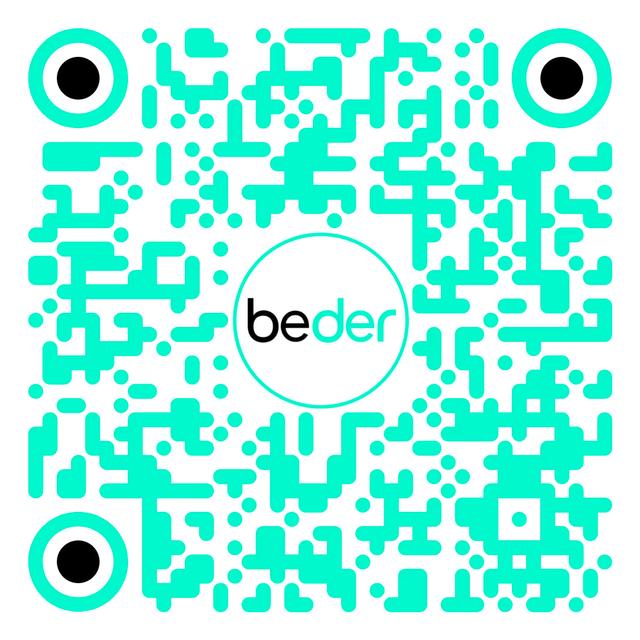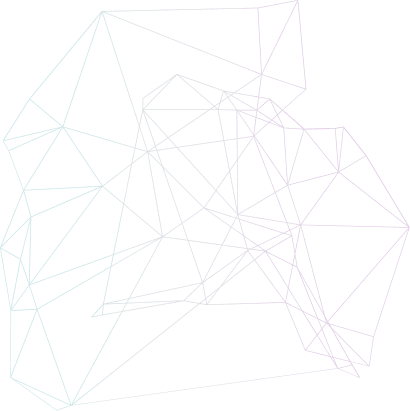NEWS
Essential Tips to Avoid Misadventure in Marrakech
Marrakech, the vibrant and bustling city in Morocco, is a popular destination for travelers seeking a unique cultural experience. To make the most of your visit, there are a few essential tips to keep in mind. From navigating the labyrinthine medina to exploring the city's food scene, it's important to be prepared and aware of local customs. By following these tips, you can ensure a safe and enjoyable trip to Marrakech.
MARCH 6, 2024

Introduction
Visiting Marrakech is an incredible experience. With its rich culture, vibrant markets, stunning architecture, and delicious cuisine, it has something to offer for everyone. But, it can also be daunting to explore a new city, especially if you’re not familiar with the customs and culture.
Hence, why we’ve put together this essential tips guide to help you make the most of your time in Marrakech. We’ll go over transportation options, money tips, cultural customs and more, so you can have the best experience possible.
Keep in Mind
Keep in consideration that you’re visiting a muslim country, therefore abiding by their cultural norms is essential. On that thought, visiting a mosque is forbidden for non-muslims, therefore there are other alternatives. If you’d like to check out the alternatives, check out our previous blog.
Safety Precautions
Marrakech is a bustling city in Morocco that attracts visitors from all over the world with its vibrant culture, rich history, and stunning architecture. However, with its popularity comes crowds, and Marrakech is known for being a crowded city.
Especially in its central areas like the medina and the souks. The narrow streets of the medina can become quite congested with people, vendors, and animals, making it important to stay alert and aware of your surroundings when navigating through the city.
Djemma El Fna:
Djemma El Fna is the most famous square in the city of Marrakech. In the square one could find almost anything from traditional slippers and spices to brass lanterns, and street performers. In the square it’s highly recommended to be aware of your surroundings and take extra safety measures such as wear your backpack on your chest while walking around.
Secondly, if you wanna take pictures of locals, or even while they’re producing their hand-made crafts, make sure to ask before taking any picture, to avoid any misunderstandings between you and the locals.
Finally, avoid wearing valuable items to avoid being a target for pickpockets as they usually target vulnerable tourists.
Scammers
Taxi Drivers
Taxi drivers clutch upon any opportunity they get to overly charge customers. Always try to the best of your abilities to bargain with taxi drivers.
Consider not pushing it too much as those couple of dirhams may not matter as much to you as it might be for the driver.
Therefore be considerate when it comes to bargaining. At all costs, avoid taxi drivers that claim their meter isn’t working but they’ll give you a good price. Always make sure to enter a cab that has his meter working. Finally, ride with licensed cabs which could be identified by their white and red number plates.
To avoid any misunderstandings, visit this link and book your transportation prior to your arrival.
Street Scammers
Street scammers could mostly be found near Djemma El Fna Square, or in the alleyways of the souks in the Medina. The ones in Djemma El Fna Square are mostly snake charmers. They will approach you by having a snake and showing you tricks. These people are trying to make a living, but yet these snakes are kept in small boxes and are only released for performance reasons.
Therefore avoiding them will be better to discourage their actions. Others will approach claiming they know a better route, or claim that a certain street is closed and they know a short-cut. These are all different techniques to try and lure tourists in and make them pay money, therefore a smile and a “Shukran” would be enough to keep you out of their sight.
Money Tips
Currency
The currency used in Morocco is the Moroccan dirham (MAD). It is a closed currency, meaning that it can only be bought or sold within the country. Since the Moroccan Dirham is a closed currency, it is recommended that one doesn’t travel back with (MAD) as it is not as accepted in other countries as a currency to exchange.
Furthermore, if you are left with some spare change, or cash. Consider spending it or buying some souvenirs for loved ones. Cash is King when it comes to Morocco. Credit Cards aren’t as common as they may seem in Europe or other places. Credit cards aren’t accepted everywhere especially in rural areas or less touristic areas, therefore, have cash on you at all times to avoid similar issues.
Exchange
Regularly, tourists exchange money as soon as they land into a country their visiting, which is in some cases beneficial and makes sense if the exchange rate is not as high. In the case of visiting Marrakech, it is highly recommended that tourists exchange their money in the Medina as the rates are much better. It’s only recommended to exchange in the airport to be able to pay for transportation from the airport.
How to Dress
Considering Morocco is a Muslim country, how to dress in public is very important to avoid issues with any locals that could possibly be offended by how you dress. In Muslim countries, how woman and men dress are a sign of respect towards the people of that country. Therefore it is essential for Men to cover their knees by either wearing pants or long shorts.
With regards for Women, avoid wearing tank tops, or shorts, it is important to cover your legs and shoulders. It is not that strict in Morocco, but just to avoid conflicts with any of the locals. As for being on the beachside or so, it is normal to wear any type of swimsuits. In a nutshell, dress for the occasion, not to impress.
Additional Tips
Cuisine
Moroccan cuisine is a rich and flavourful fusion of Berber, Arab, and Mediterranean influences. It is known for its aromatic spices, which are used to flavour dishes like tagines, couscous, and harira soup. Moroccan cuisine also features a variety of meats.
Popular dishes include the iconic lamb tagine with preserved lemons and olives, and couscous served with stewed vegetables and tender meat. Mint tea, a staple of Moroccan hospitality, is often served alongside meals.
Tradition
Morocco as a whole are an Islamic country that is very strict with their cultural and traditional norms. Keeping that in mind, some traditional westernized norms could be misinterpreted by locals. Therefore, one must be aware of his/her actions.
Two important things to consider is firstly, no non-Muslim is allowed to enter a mosque, therefore an alternative would be visiting the Kotoubia Mosque. The Koutoubia Mosque was the largest Islamic School in Morocco at a point in time and is an essential place to visit if one would like to see something similar to a mosque. Secondly, alcohol could cause problems for some people.
Despite alcohol being sold in certain places, it is highly recommended to not walk around with alcohol in your hand as you could be approached by a local or authorities. Other than that, we assure you that it will be an experience like never before.

join the community
and discover more

BEDER
INFO
follow us on
languages
working with top travel booking companies



